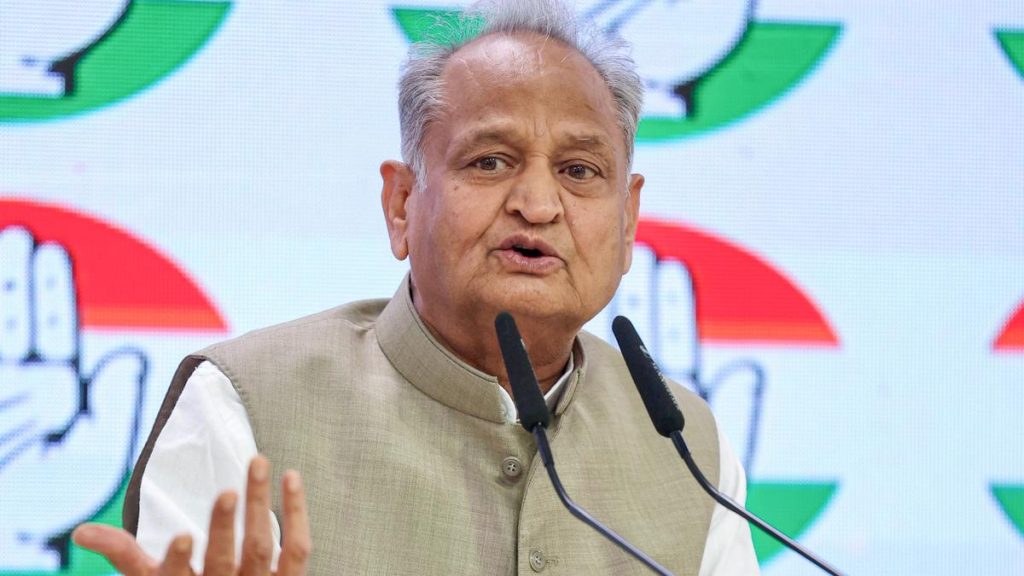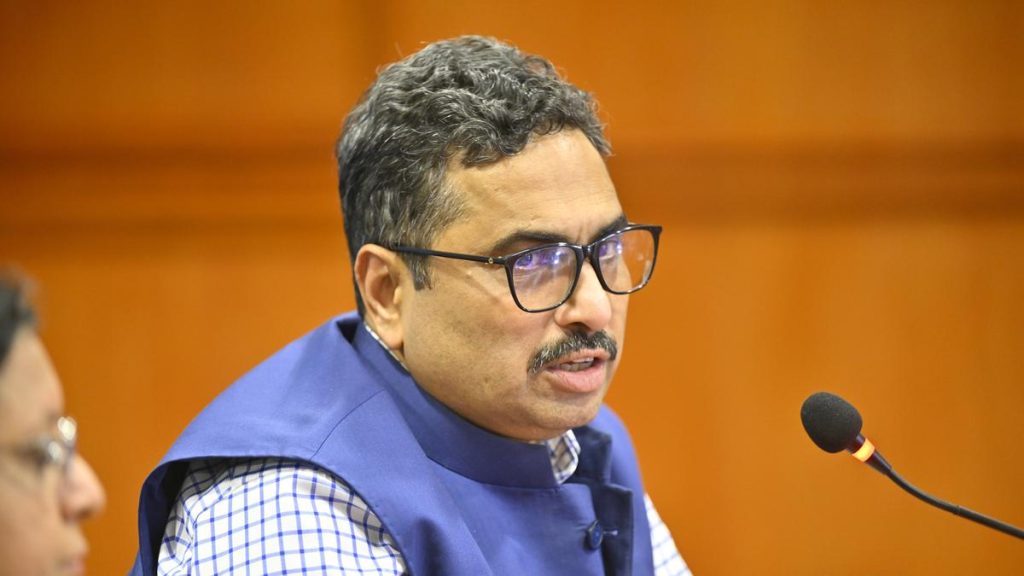Now Reading: TDB Denies Permission for Idol Installation at Sabarimala, Informs HC
-
01
TDB Denies Permission for Idol Installation at Sabarimala, Informs HC
TDB Denies Permission for Idol Installation at Sabarimala, Informs HC

Swift Summary
- The Kerala High Court has taken up a suo motu proceeding regarding the alleged permission granted by the Travancore Devaswom Board (TDB) to a private individual to install an idol of Ayyappa at Sabarimala temple.
- A Division Bench comprising Justice Anil K. Narendran and Justice Muralee Krishna S. sought detailed files from TDB on whether such permission was issued.
- The case arose after R. Jayakrishnan, Sabarimala Special commissioner, filed a report claiming that TDB had permitted the chairperson of an Erode-based hospital to install a panchaloham (five-metal alloy) idol costing ₹9 lakh on temple premises.
- Pamphlets with bank account details, QR codes, and mobile numbers were reportedly distributed as part of fundraising campaigns linked to this alleged permission.
- sabarimala Tantri stated he was unaware of the installation plan and that it contradicted established temple rituals.
- TDB informed the court that no authorization was given for either installing an idol or collecting public funds for this purpose.
- The High Court directed TDB to issue advisories via its Virtual-Q platform clarifying that no one is authorized for such installations or fundraising activities in connection with Sabarimala Temple.
- Further hearing is scheduled for Friday.
Indian Opinion Analysis
This case underscores critical issues surrounding religious sanctity, public trust, and governance over places of worship in India. The allegations question whether proper regulatory oversight existed within institutional frameworks like the Travancore Devaswom Board (TDB).unauthorized actions at meaningful spiritual sites like Sabarimala could erode trust among devotees who expect strict adherence to age-old rituals.
The court’s proactive directive signals its commitment to preserving traditions while ensuring transparency against potential misuse tied to faith-based fundraising. Prompt clarification through digital platforms like Virtual-Q highlights modern solutions promoting accountability alongside addressing mass outreach challenges in temple management.
The ongoing legal scrutiny offers hope for addressing systemic gaps and avoiding future misinterpretations while upholding procedural integrity around holy institutions.
Read More: [Link not provided]
























